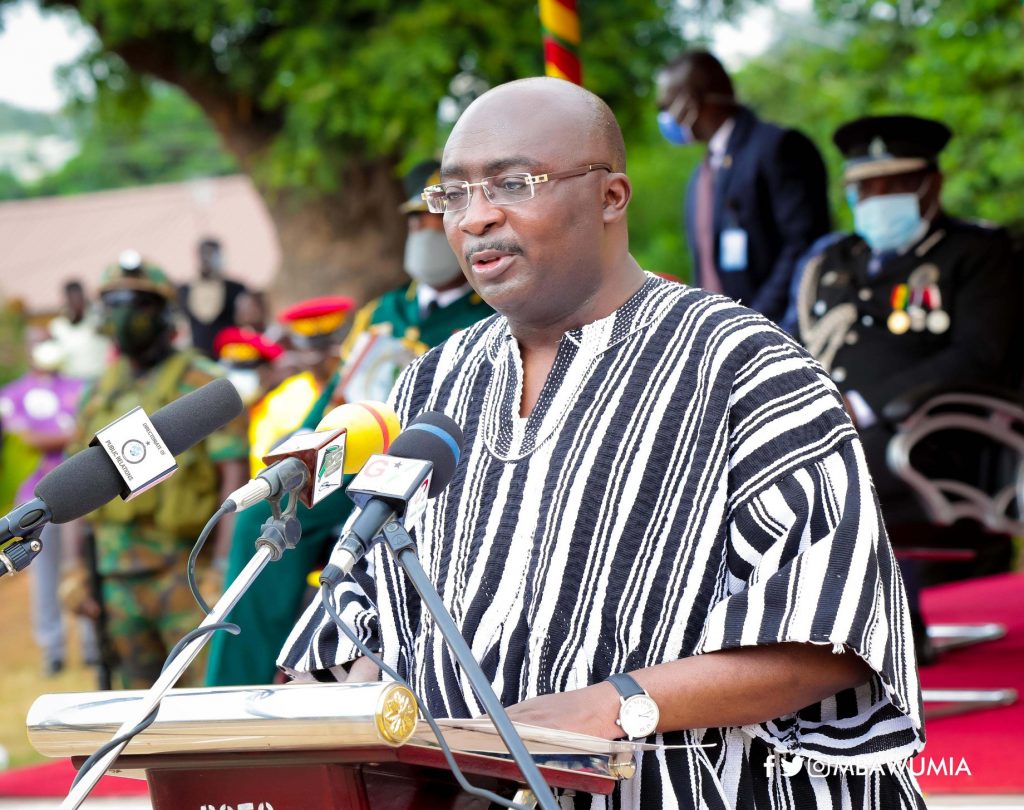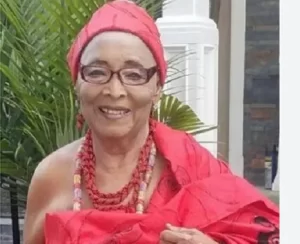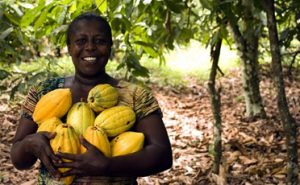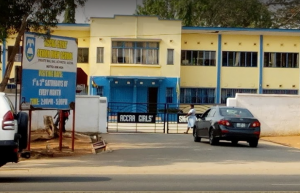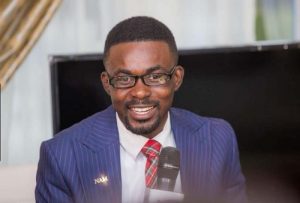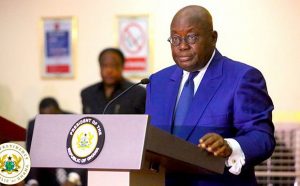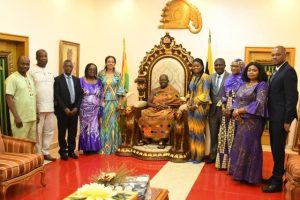Vice President Dr. Mahamudu Bawumia has stated that African countries must learn best practices from each other and the rest of the world, especially in the areas of education and skills acquisition, in order to prepare adequately for the changing dynamics of the Fourth Industrial Revolution.
The Vice President made this known when he delivered an address at a World Bank-organized Ministerial Meeting on Education for West and Central Africa in Accra on Monday.
Dr. Bawumia said while individual countries were rolling out educational reforms, collaboration would scale up the rate of adoption of such reforms and have a greater effect on their quest to build a strong human resource base.
“We will not be able to deliver change without building and sustaining political momentum in the region. In many of the region’s countries, more efforts are needed to rationalize the governance of education systems to achieve greater coherence, cooperation, and coordination.”
“Indeed, the relationship between socio-economic development and human capital is critical and Ghana’s policies on education access, quality, equity, relevance, skills acquisition and education financing reflect how Ghana is using education as a lever for human capital development and socio-economic transformation”, he pointed out.
The World Bank-organized Ministerial Meeting brought together Ministers of Finance and Education from 22 countries representing West and Central Africa. It will also build a coalition on education and a movement for increased focus on quality education to promote human capital in the Africa Western and Central region; and issue a call for action by Ministers of Finance and Education.
Commending Ghana for the successes chalked so far in her education reforms, the World Bank Vice President for Western and Central Africa, Ousmane Diagana, said the Bank’s 2022-2025 Education Strategy was designed to meet the needs of the youth of the continent, and assured of his organization’s continued support for, among others, reducing Learning Poverty – the share of 10-year-olds who are unable to read and understand a short text – which affects more than 80 percent of children across the region, the highest rate in the world.

